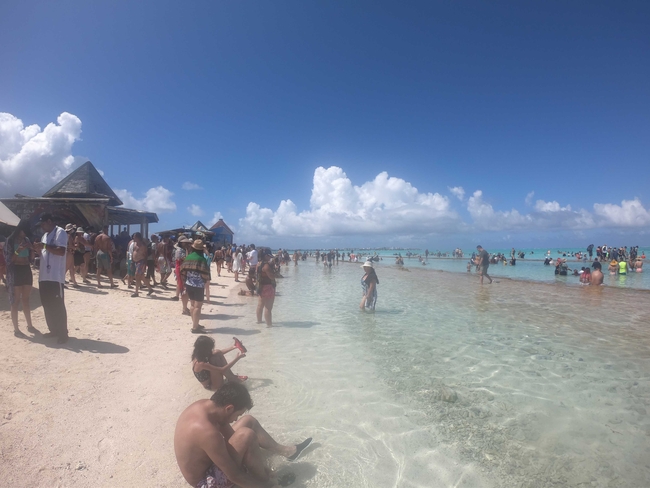Tourism is one of the largest economic sectors globally, and reshapes landscapes, economies, ecosystems, and cultures. The aim of this project is to identify paths to transform the intent of island nature-based tourism systems towards sustainability. The global coronavirus pandemic is a key inflection point for the future of tourism. The economic contractions have some in tourism eager to return to the old trajectory of growth above all else. However, the pandemic also revealed counterfactual scenarios to residents in tourism destinations, with reduced congestion, pollution, and alleviation of environmental and social pressures. The disorientation of the last few years has changed the view of what is possible and desirable.
Globally, destinations are finding political will to introduce formerly unthinkable policies. Yet, past crises or attempts to shift tourism’s trajectory have not led to lasting change. For example, the corporate sustainability paradigm with its triple bottom line concept (profit, people, and planet) also aimed to transform business as usual, by guiding deep thinking about impacts to spur system change. Instead, it has mostly served as a smokescreen to continue with business as usual. Thus, a leverage points for a cross-scale paradigm shift are needed.
STEPS will identify and interrogate transformation pathways by synthesizing information from publicly available texts, co-producing knowledge with tourism sector stakeholders and tourists, and employing a model-based synthesis.
The research will be conducted with partners in practice, grounding the outputs while providing an immediate vehicle of transfer for the study results. Tourism is at a crossroads, and now is a unique window of opportunity to re-assess what is possible, imagine new ways of doing, and fundamentally shift the trajectory of tourism.





